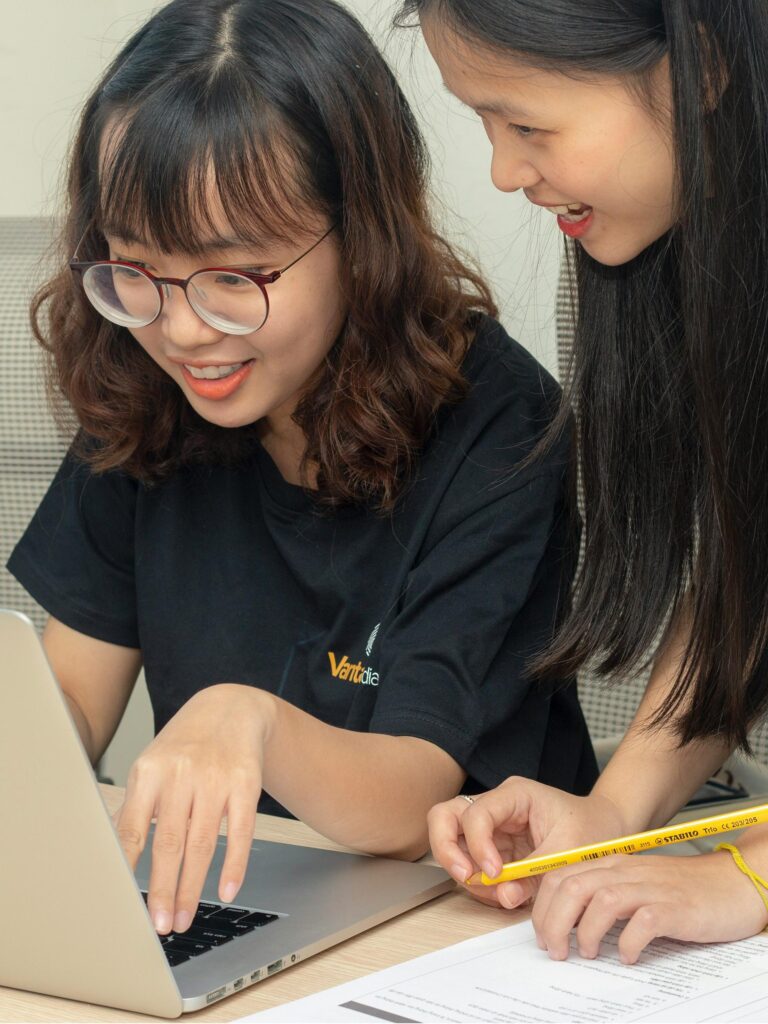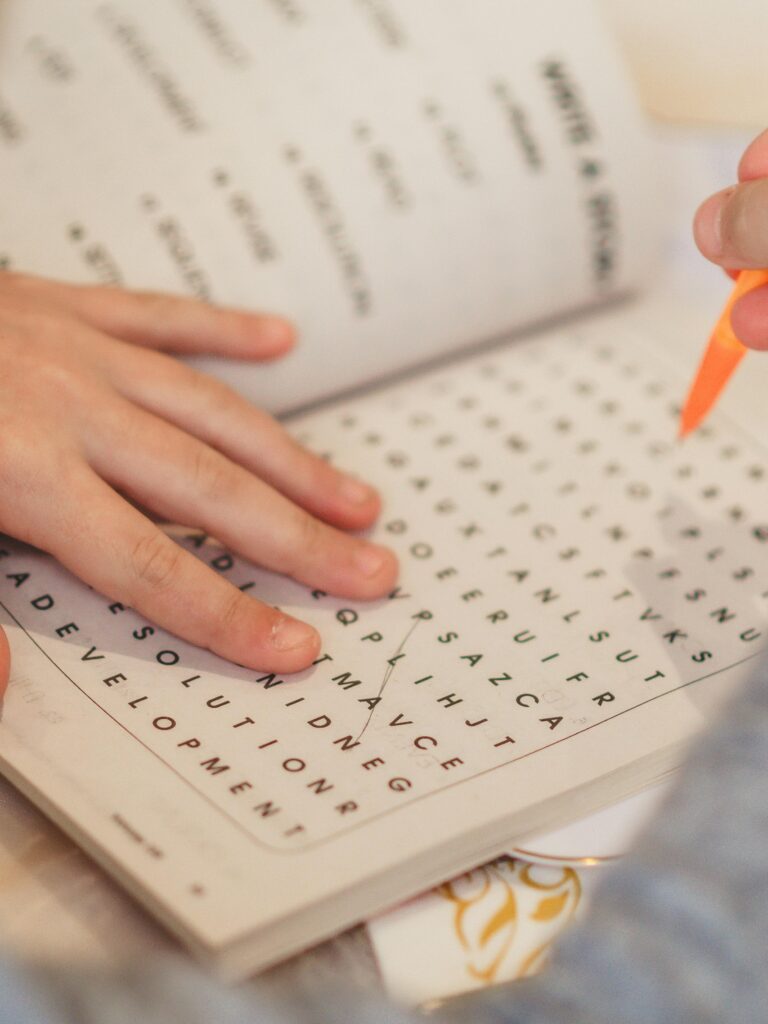As a multicultural society, bilingual education remains at the core of Singapores national curriculum. With the increasing difficulty of Chinese language courses, more parents are realizing that Chinese homework tutoring has become a prolonged battle intertwined with academic performance, cultural identity, and parent-child relationships. This article delves into the challenges Singaporean families face in Chinese education and explores how professional Chinese homework tutoring serves as the key to resolving these issues.
Family Struggles Behind the Upgraded Chinese Education System
Policy-Driven Language Challenges
Singapores Ministry of Education (MOE) has continuously strengthened Chinese language teaching in recent years. From the Primary School Leaving Examination (PSLE) to O-Levels, Chinese grades directly impact students academic competitiveness. Data from 2023 reveals that the average scores for Chinese composition and oral exams in the PSLE have dropped by 7.2% compared to five years ago, highlighting widespread inadequacies in family-led tutoring.
The “Language Gap” in Three-Generation Households
Most Singaporean families face a unique linguistic landscape: grandparents speak dialects, parents communicate in a mix of English and Mandarin, while schoolchildren are trained in standardized Chinese. This generational divide creates bottlenecks during Chinese homework tutoring—52% of surveyed parents admit struggling to explain idioms or historical references in textbooks accurately.

Competing for Digital Natives Attention
In the smartphone era, children gravitate toward learning fragmented knowledge through short videos. Traditional rote-learning methods for homework assistance are losing effectiveness. Modern parents now face the urgent need to blend classics like Di Zi Gui(Standards for Students) memorization with TikTok-style challenges to engage their tech-savvy kids.
How Professional Tutoring Institutions Break the Cycle
Alignment with MOE Curriculum Standards
Top-tier Chinese homework tutoring institutions differentiate themselves by deconstructing the moes syllabus. For example, Sinobus, a leading online platform, updates its question bank monthly and designs tiered exercises based on the Happy Partners textbook series, boosting students homework accuracy by 43%.
Culturally Immersive Teaching Methods
Innovative institutions are moving beyond traditional tutoring by adopting scenario-based learning. Activities like creating Chinese character cards through Journey to the West shadow puppet plays or practicing recipe writing while cooking bak kut teh (pork rib tea) leverage multisensory engagement. This approach has raised students’ sentence-construction abilities by an average of 2.3 proficiency levels.

AI-Driven Progress Tracking
AI grading systems are revolutionizing homework tutoring. Xueeryou Educations “Wenxin” platform automatically analyzes grammatical errors in essays and recommends personalized practice. Students using this tool saw a 27% improvement in reading comprehension scores within six months.
Golden Criteria for Selecting Tutoring Services
Dual Certification for Tutors
Quality tutors should hold MOE teaching certifications and Chinese proficiency qualifications (e.g., HSK Level 6). Parents should verify institutions adherence to Pedagogical Skills for Chinese Mother Tongue Languages (PSCML) training standards.
Small-Class Customization
The Singapore Tuition Centre Association recommends Chinese homework tutoring groups of 3–5 students. This setup ensures interactive quality while tailoring sessions to specific school requirements, such as those of Nanyang Primary School versus public schools.
Parent-School Collaboration
Top institutions provide monthly Learning Progress Reports with radar charts tracking homework completion and error analysis. Some, like Wisdom Education, even host parent workshops to teach conversational strategies for reinforcing classroom learning during daily interactions.
Future Trends in Chinese Education
With the rise of AI tools like ChatGPT, three trends will shape Singapores Chinese homework tutoring in 2024:
Blended Learning: Combining online AI error correction with offline cultural immersion classes.
Interdisciplinary Integration: Linking Chinese assignments to social studies projects, such as writing HDB community surveys.
3. Cross-Generational Learning: Grandparent-grandchild classes using dialect storytelling to enhance modern Chinese literacy.
Rebuilding the Family Ecosystem for Chinese Education
In Singapores globalized yet culturally rooted society, Chinese homework tutoring transcends academic support—it is a systematic effort to preserve cultural heritage. Choosing professional tutoring is not just a shortcut to better grades but a strategic investment in bridging generational and cultural divides. When children confidently narrate the legend of Merlion in fluent Chinese, we safeguard not only linguistic competence but also the collective memory of a nation.
Contact Us WhatsApp: +8617788052878
